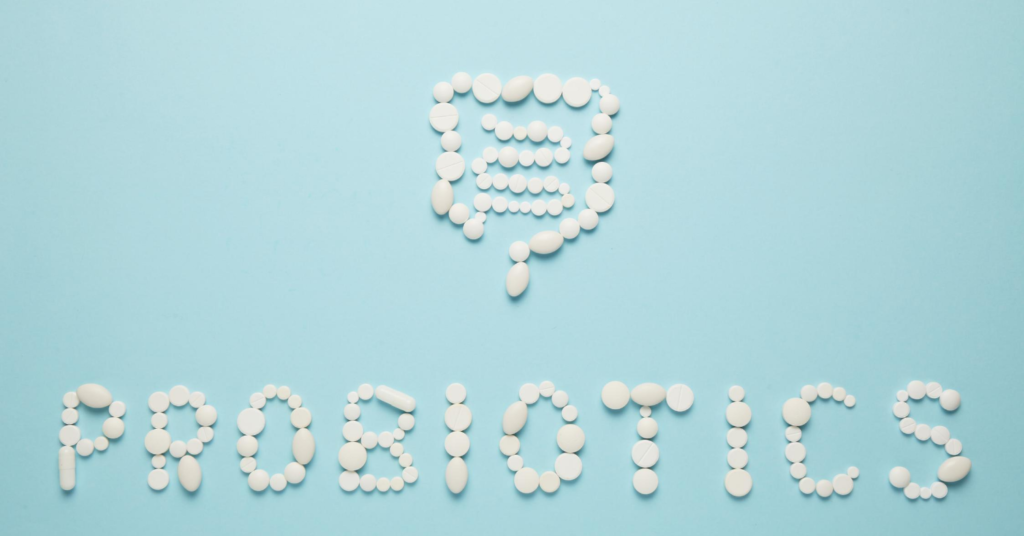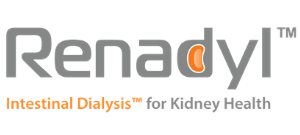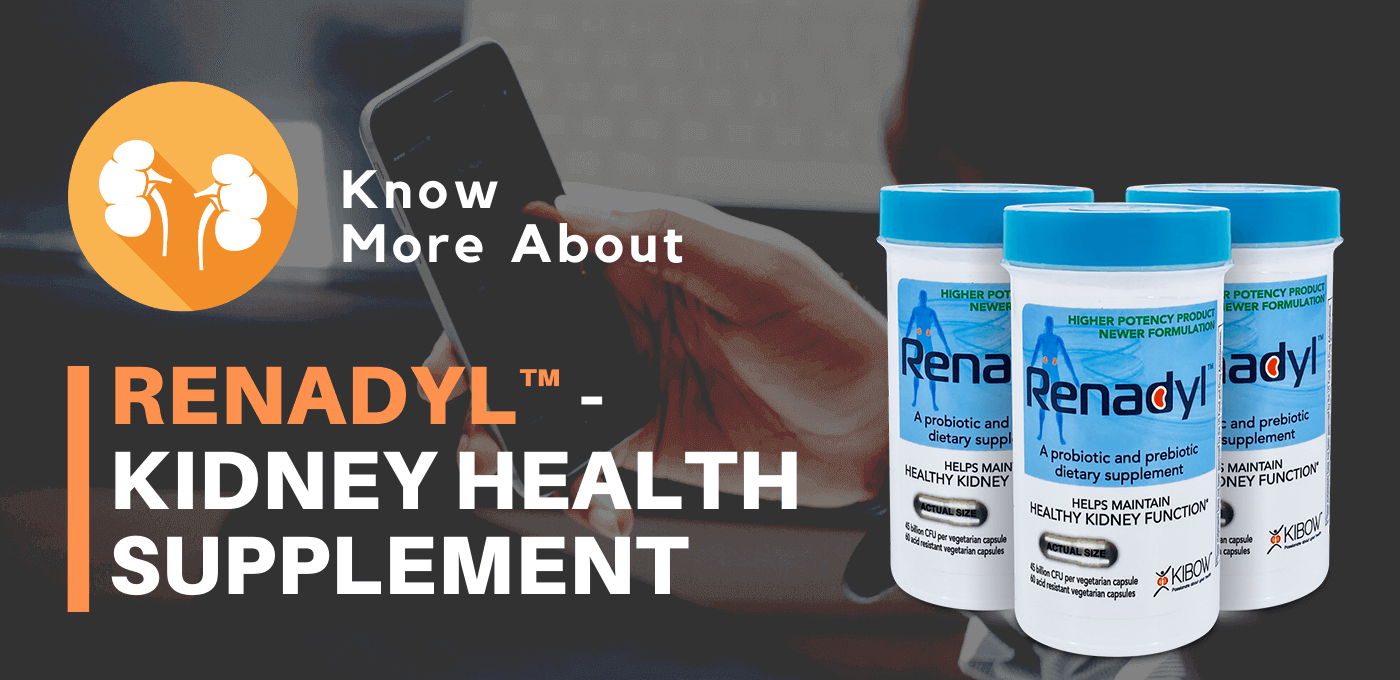
- Home
- /
- Kidney Health
- /
- All bacteria are not created alike
All bacteria are not created alike
Article posted in:
Kidney Health

![]() Editor’s note: Are all bacteria with the same name alike? Not at all. Dr. Henderson explains the importance of specific strains of bacteria for therapeutic efficacy, answering some of the frequent questions patients bring up in her practice as a naturopathic physician. Please remember, these information is for educational purposes only.
Editor’s note: Are all bacteria with the same name alike? Not at all. Dr. Henderson explains the importance of specific strains of bacteria for therapeutic efficacy, answering some of the frequent questions patients bring up in her practice as a naturopathic physician. Please remember, these information is for educational purposes only.
It’s been a few years now that I’ve been recommending Renadyl™ to kidney patients. Most are excited to hear that there is a way to reduce uremic toxicity and potentially delay the need for dialysis. But they’re already taking probiotics or eating fermented foods that have probiotics in them. Some patients even read the label of their current probiotic and see it has Streptococcus thermophilus, Lactobacillus acidophilus, and Bifidobacterium longum. So they’re already covered, right? Probably not.
The Specific Bacteria Strain Matters
When it comes to bacteria, the specific strain matters. Most of us have a great deal of E. coli in our gastrointestinal system. But E. coliis toxic and ingesting it can send you to the hospital. So how can it be that we’re already carrying E. coli in our systems? The difference is in the strain. The specific strain Escherichia coli O157: H7 can lead to hemorrhagic diarrhea and even kidney failure, but most types of E. coli are benign.
The same is true for bacteria that break down uremic toxins. The specific strain matters. Renadyl™ is made from Streptococcus thermophilus (KB19), Lactobacillus acidophilus (KB27), and Bifidobacterium longum (KB31). Will other strains of the same bacteria break down uremic toxins? Maybe, but the research is on these specific strains. When faced with diminished renal function, it seems worthwhile to go with the therapy that has a proven track record.
Ever Changing
Treatment of kidney problems is always changing as more research becomes available, but we can make the best use of the information at hand. In practice, I pay attention to what has actually been researched. A few patients have asked me, “I’m already using chia seeds. They’re very healthy. Why can’t I just stick with chia seeds?” It’s true that both types of seeds contain omega-3 fatty acids, but is one interchangeable with the other? I don’t know. Maybe it’s only the omega-3 fatty acid that matters, or maybe it’s something else in the flax, but I try to stay with the product that was actually researched.
My Experience With Renadyl
Patients can clearly see the effectiveness of Renadyl™ in their blood test. When I prescribe Renadyl™ to kidney patients with high blood urea nitrogen (BUN), almost every single time I see the BUN go down with the next blood test. In practice Renadyl™ has given consistently good results. This means the blood is cleaner and there’s less stress on the kidneys.
Should you continue to take your regular probiotic along with Renadyl™? It certainly won’t hurt. Most probiotics on the market work to help the flora inside the intestinal tract and having a good mix of strains can be healthy for you. A healthy gut can indirectly help the kidneys by balancing the immune system, helping regulate pH and decreasing inflammation.
Adding Fermented Foods
Besides taking probiotics capsules, incorporating fermented foods can be a healthy addition to anyone’s diet. The good bacteria will help the digestive system. In fact, one serving of good quality sauerkraut contains more viable lactobacillus than most probiotic products. Beneficial bacteria are also found in yogurt, kefir, kimchee, fermented red cabbage, and even fermented coconut water. These healthy foods will give all the benefits of probiotics, often at a fraction of the cost.
The Renadyl™ Difference
Eating fermented foods, however, is not the same as taking Renadyl™. Are the good bacteria in fermented foods the same strains as those in the research? There may be some overlap, but the probiotics in foods are not targeted to the needs of kidney patients. We can say for certain they are not supplying the same number of bacteria as the Renadyl™ capsule. Renadyl™ has research behind it to show that it supplies 30 billion CFU (colony forming units) of very specific strains of bacteria.*
With Renadyl™ many patients are able to substantially reduce their BUN and show improvement with their creatinine. Every point counts when you’re trying to stay off dialysis. With a proven track record of lowered uremic wastes, I’m confident that Renadyl™ can target the needs of kidney patients.
The Take Away
Renadyl™ may help remove toxins like urea, uric acid, and creatinine. Due to this removal, many have seen their eGFR stabilize and Quality of Life increase.*
Always consult with your healthcare professional before starting any supplement, including Renadyl™.
Categories
Recent Posts
- Check out these Live Testimonials, thanks to Steve the Kidney Nurse February 15, 2022
- Kidney Friendly Infused Water August 20, 2020
- Is salt bad for the kidneys? August 12, 2020
- Drinking Water With Kidney Problems August 7, 2020
- What is Renadyl Used For August 5, 2020
Recent Comments
- Kibow Biotech on Drinking Water With Kidney Problems
- Santos Gonzalez on Drinking Water With Kidney Problems
- James F Hawkins III on Drinking Water With Kidney Problems
- Loretta on Kidney-Friendly Dessert
- Leo on Kidney-Friendly Summer Meal



Comments
Leave a Comment